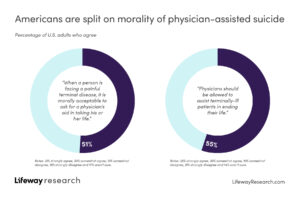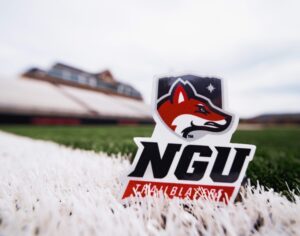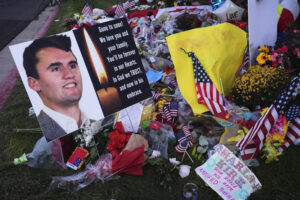
For reasons beyond the scope of this post, my younger self went many years without reading anything not at least indirectly related to pastoral ministry or my Christian growth. Commentaries, works of theology, homiletics, and church leadership comprised the bulk of my reading. Biographies had to be missionary biographies…unless they were biographies of Christian athletes.
There’s certainly nothing wrong with that diet, especially for a pastor. Pastors surely want to improve their preaching craft, stay current on theological trends, and glory in the stories of our Christian forebears. But, just like anything else, ministry-related reading can become a bubble, within which expanded thinking is impossible, while endless refining becomes the norm.
More than a decade ago, then still in full-time pastoral ministry, I shifted my reading to include more “regular” history, biographies of not-necessarily-Christian people, fiction, science, and more. I began (and still am) expanding my author list well beyond the easily recognizable names of pastors and theologians whose books dominate pastoral libraries.
It’s been one of the best decisions I ever made. So, in that spirit and in no particular order, here are seven non-ministry books I think every pastor should read.
Lincoln’s Melancholy: How Depression Challenged a President and Fueled His Greatness, by Joshua Wolf Shenk
I wish I had read this one when it was first published in 2005. Shenk uses an enormous amount of primary sources in examining Lincoln’s mental state from when he was a young man through his presidency. He also uses contemporary medical science to examine what Lincoln might have been dealing with at a time when “melancholy” was the typical word used for “depression.” Shenk doesn’t disregard medication; he isn’t using Lincoln as some kind of “He didn’t need drugs and you don’t either” totem. Rather, he honors a man who, lacking other alternatives, did not give up.
Blood Done Sign My Name, by Timothy B. Tyson
Easily one of the most powerful books I’ve read on racism in the American South. From the jarring opening line through the contextualized and partly autobiographical telling of the cold-blooded 1970 murder of Henry “Dickie” Marrow in Oxford, NC, Tyson’s story rarely lets up. As his father was the local Methodist pastor, the role of local churches and Christians amid racial violence is not overlooked.
The Devil’s Delusion: Atheism and Its Scientific Pretensions, by David Berlinski
First published in 2008 during the heyday of the New Atheism movement, Berlinski, an agnostic Jewish mathematician, wrote this invective against weaknesses he perceived in the way Christopher Hitchens, Richard Dawkins, et al, argued their points. Even as an unbeliever himself, he found the so-called “Four Horsemen” unconvincing. This book is a gem of debate, philosophical application, theological reflection, sarcasm, and wit.
By the Fire We Carry: The Generations-Long Fight for Justice on Native Land, by Rebecca Nagle (Cherokee Nation)
Continuing in the path of Bury My Heart at Wounded Knee and Trail of Tears, Nagle’s work differs in that it is both history and current events. A murder on the Muscogee reservation in Oklahoma stirred a jurisdictional dispute, leading to a startling Supreme Court finding in 2020. Fire is riveting and opens the eyes to the plight of Native Americans to this very day.
Peace Like a River, by Leif Enger
The only novel on this list, Peace Like a River is an extraordinary mid-20th century saga of love, family, responsibility, and what can happen when you try to do the right thing. Beautiful writing, engaging characters, and a penultimate chapter as satisfying and holy as anything you’re likely to read.
Everything Sad Is Untrue, by Daniel Nayeri
I have recommended this one as much as any other book. Nayeri was born in Iran, then immigrated with his family to Oklahoma at the age of eight, after spending two years as a refugee. Written in the voice of his childhood self, it’s hilarious, moving, heart-rending, and oh, so worth the time.
The Thing in the Bushes: Turning Organizational Blind Spots into Competitive Advantage, by Kevin Graham Ford and James P. Osterhaus
I cheated a little here. This is not technically a “ministry” book, but it addresses a flaw common to any group of people organized for any reason: the inability to see the real problems in the organization. This “thing” hides in for-profits, nonprofits, and religious organizations. The “thing” isn’t the same thing in every organization. It could be the culture, a single overbearing leader, organizational structure, poor communication, or something else. The Thing in the Bushes doesn’t evaluate your theology. It helps locate and fix the thing prohibiting your theology—and mission—from having the full effect.















